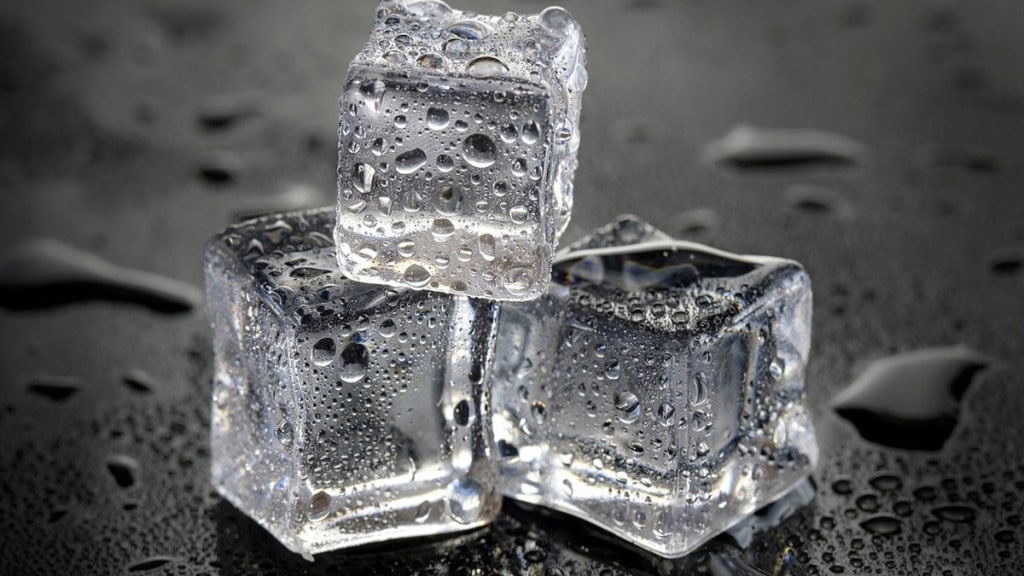You are taking out your favourite dish for dinner fresh out of oven and in the process you mistakenly brush against the scalding hot dish, giving yourself a minor yet painful burn.
As you are jumping and struggling with the painful burn, you immediately rush to the freezer to get some ice to put on the affected area. But should you apply ice on burns?
There are so many remedies for tending to your red and stinging skin that you might be feeling overwhelmed trying to figure out which one is best. However, it is a common belief that you should put ice if you get burnt. However, doctors warn against putting ice on burns.
According to Cleveland Clinic, ice or very cold water on a burn decreases blood flow to the burnt area, which can reverse the healing process. Moreover, ice numbs the burn, which can lead to frostnip, a dangerous precursor to frostbite.
How to treat minor burns?
A minor burn, also called a first-degree burn, is warm, red and painful, but there’s no blistering. According to Cleveland Clinics, here’s how to ease the pain of a first-degree burn:
- Use cool (not cold) water
- Moisturise
- Use a clean, dry cloth or nonstick bandage to protect the burn from pressure or rubbing against anything.
- Treat the pain by taking ibuprofen or acetaminophen
- Clean and prevent infection
Get medical attention for a first-degree burn if it:
- Is more than three inches wide.
- Covers a joint.
- Is on your face, neck, hand or foot.
- Is causing pain that doesn’t go away.
- Hasn’t healed in one to two weeks.
Even a first-degree burn can become infected, so if your burn starts taking a turn for the worse, go to urgent care or the emergency room. Symptoms to watch for include:
- Fever.
- Pus.
- Increased pain.
- Expanded area of pain.
How to treat a burn with a blister?
Here’s what to do (and not do) when you have a second-degree burn:
- Use cool, clean running water
- Don’t pull clothing away from the burn
- Don’t use any ointments or sprays
- Never pop the blister
- Head to urgent care, the emergency room or your healthcare provider to have your burn cleaned properly, which will help avoid infection.
In case of third-degree burns, seek immediate medical care.

